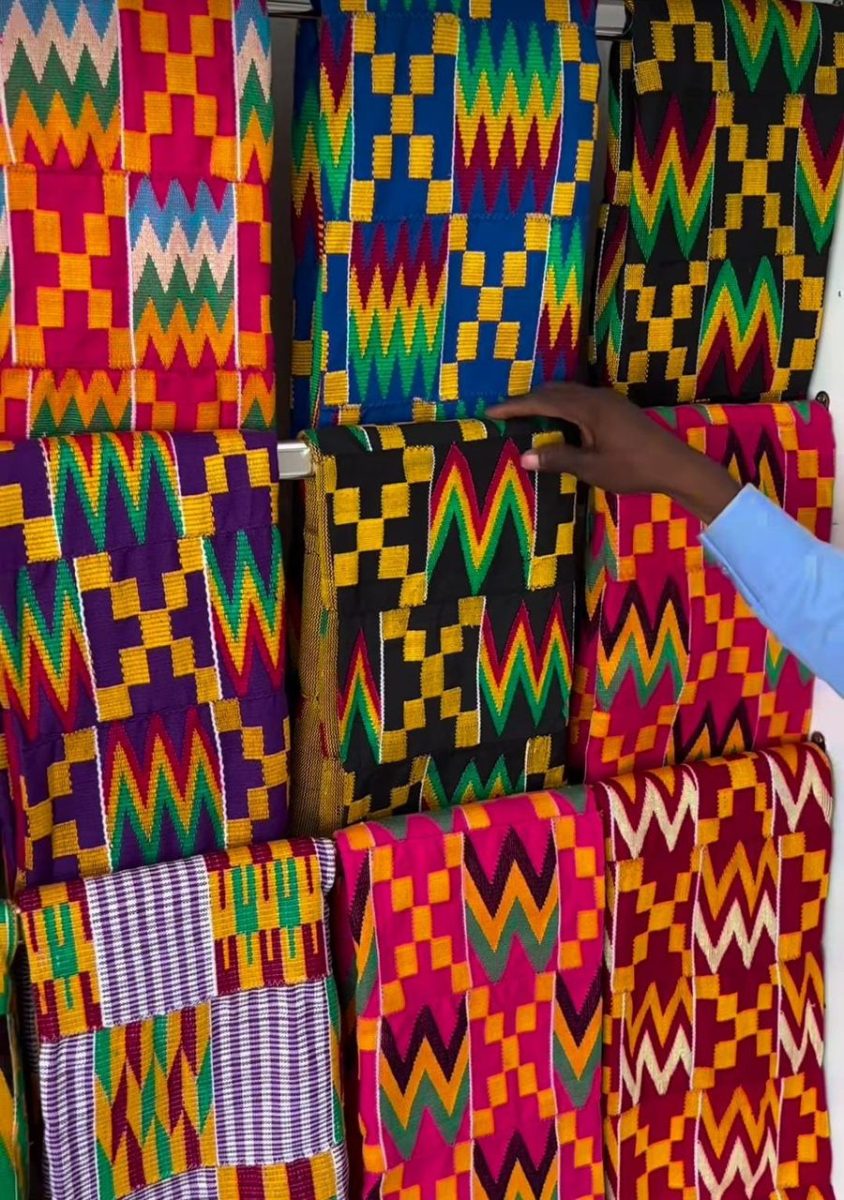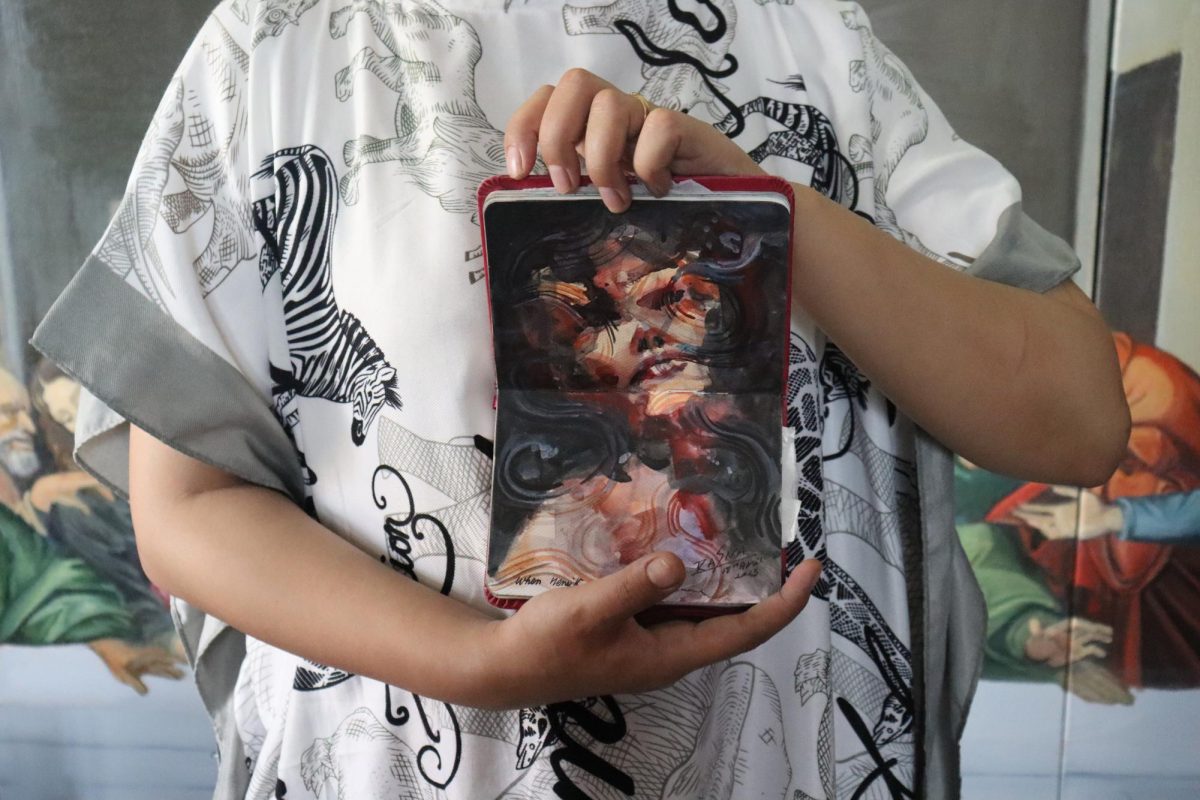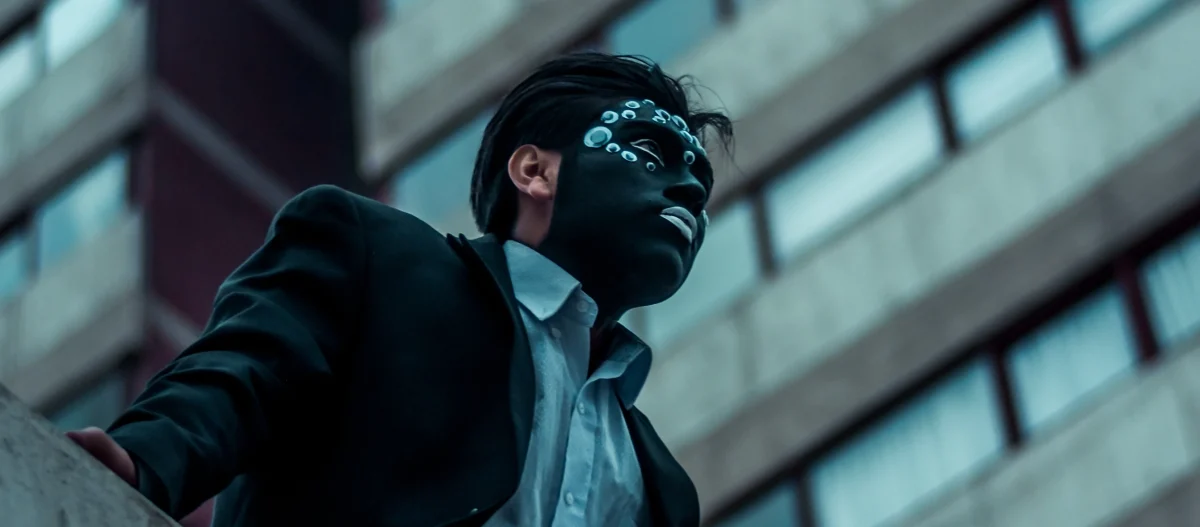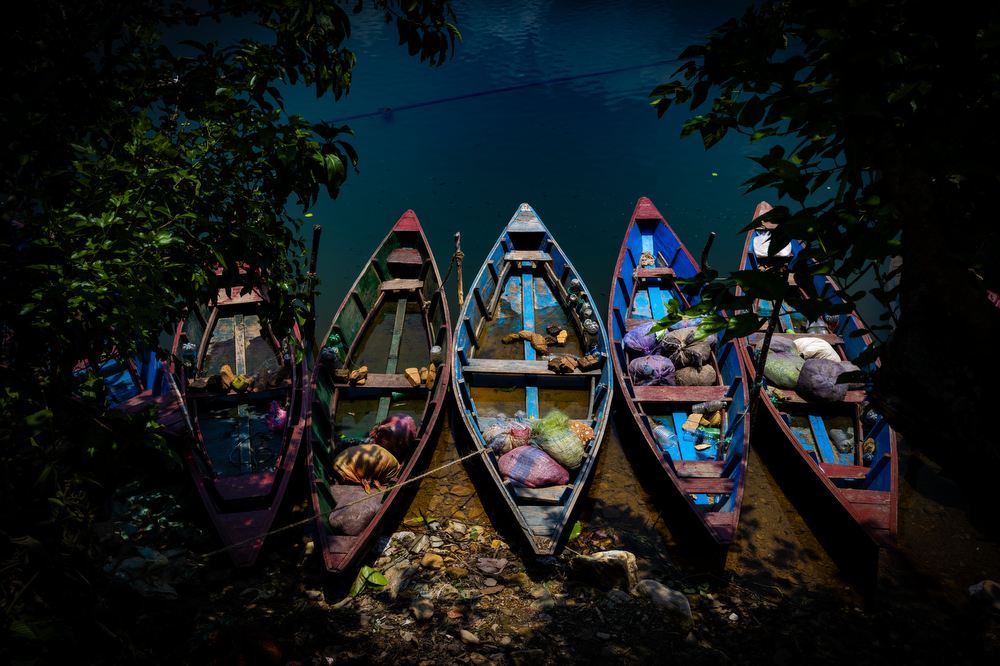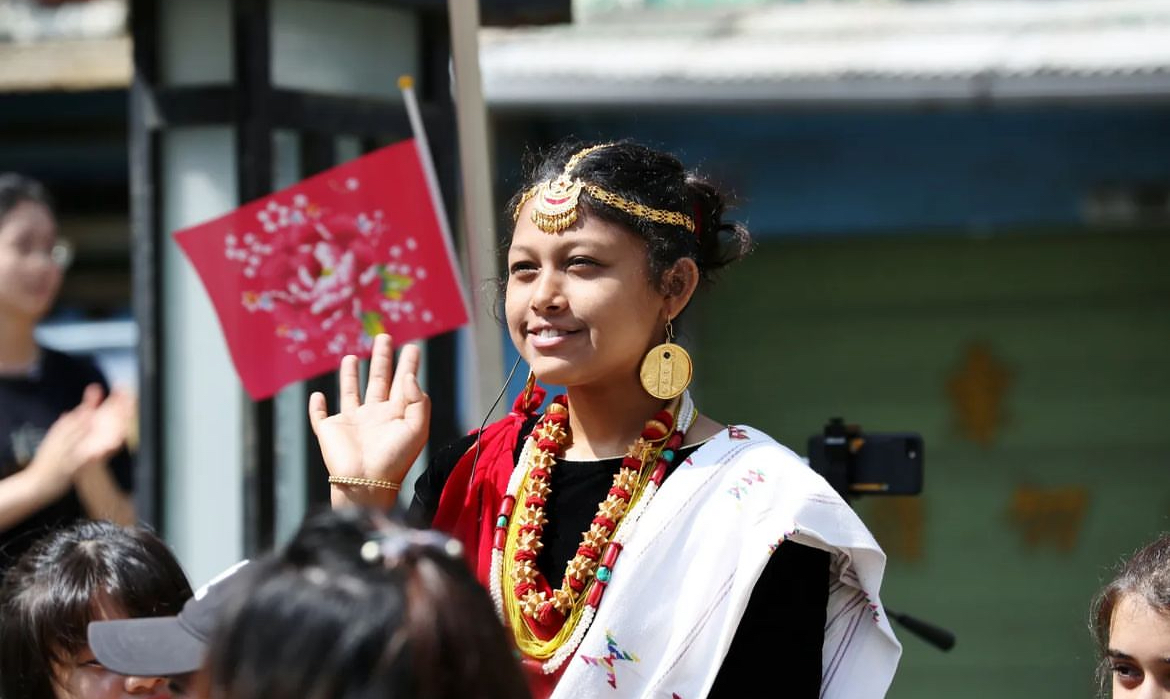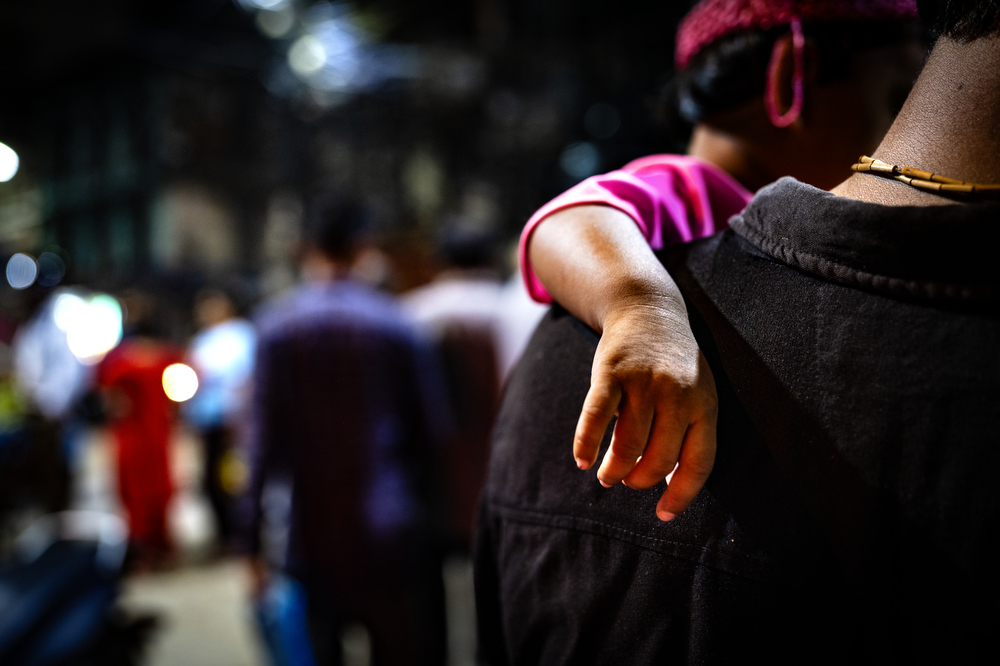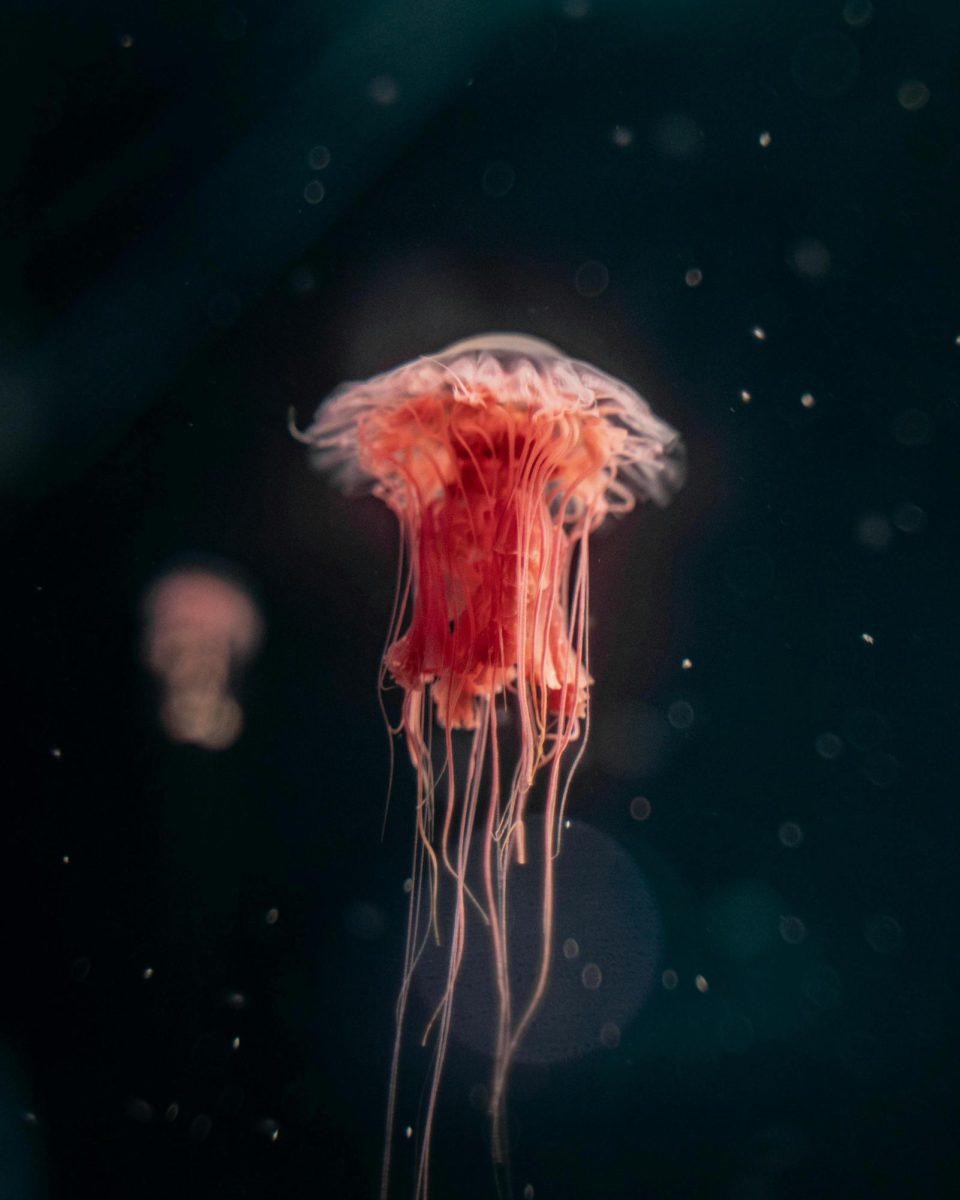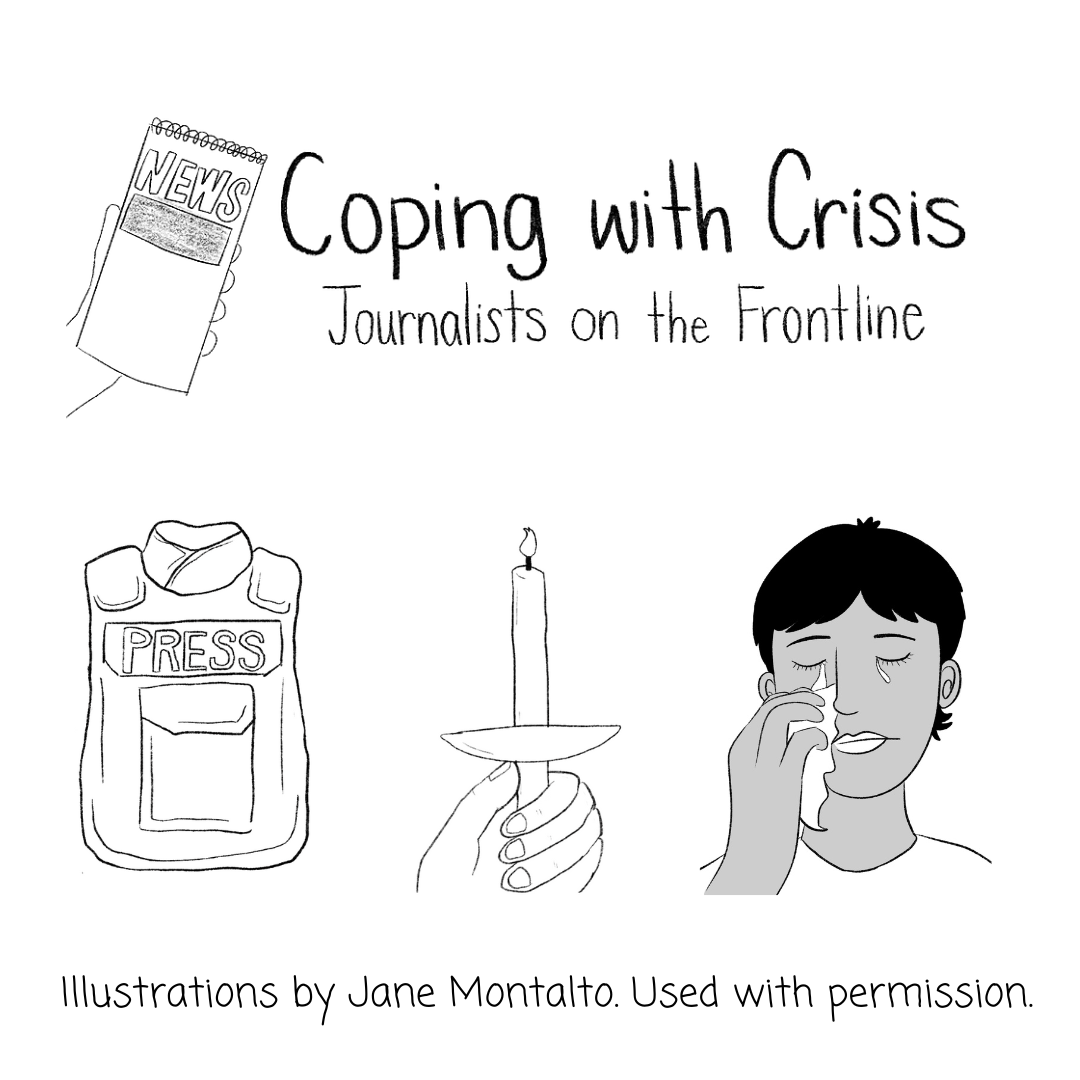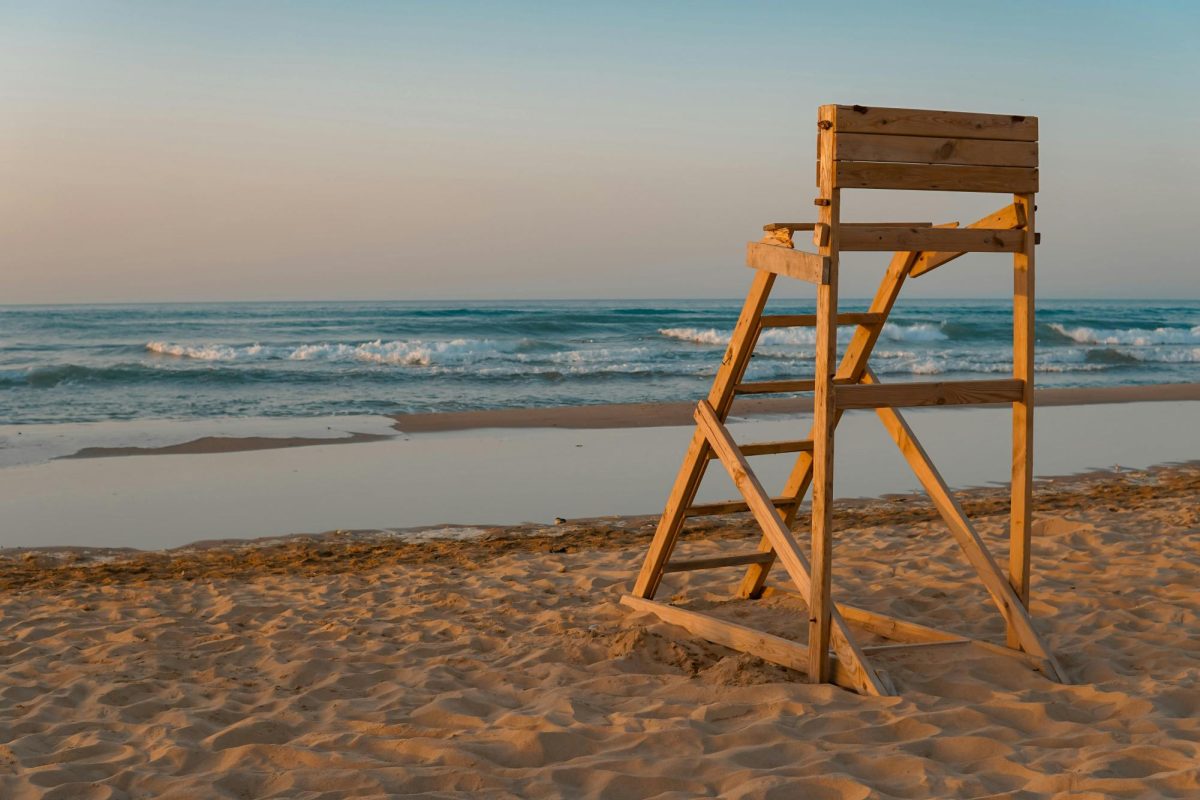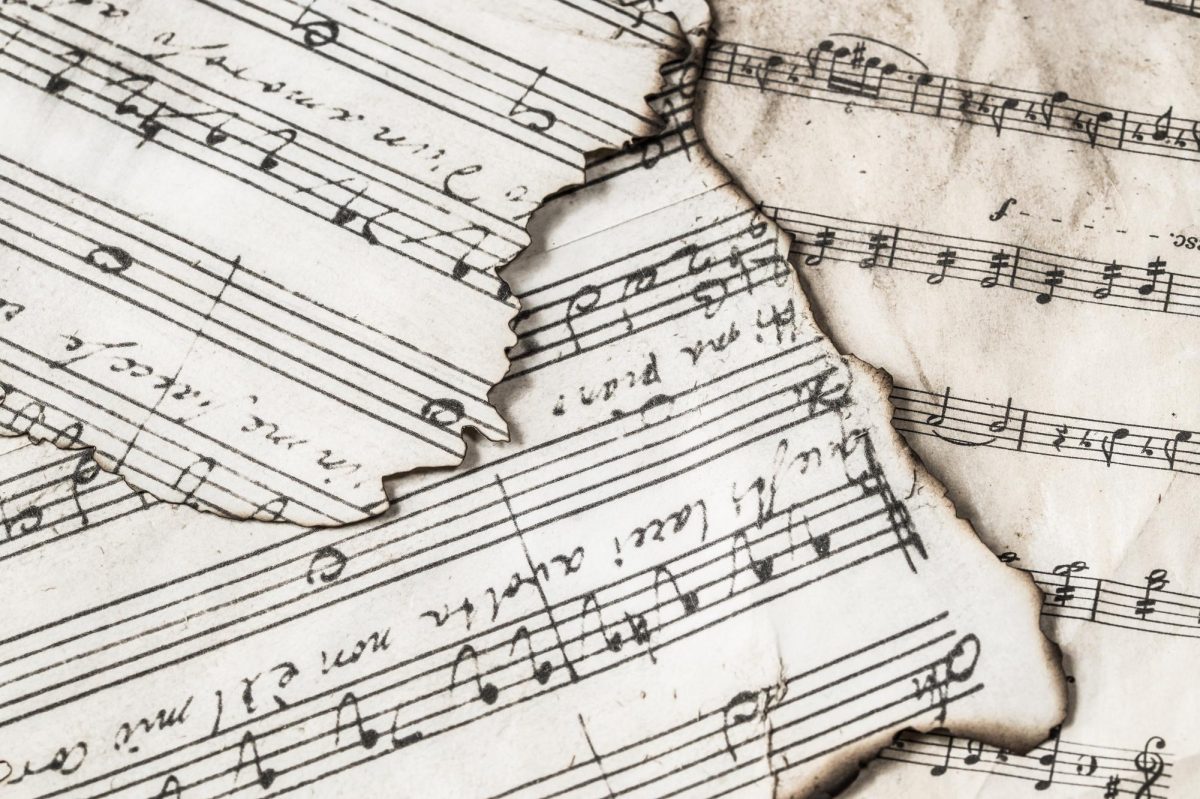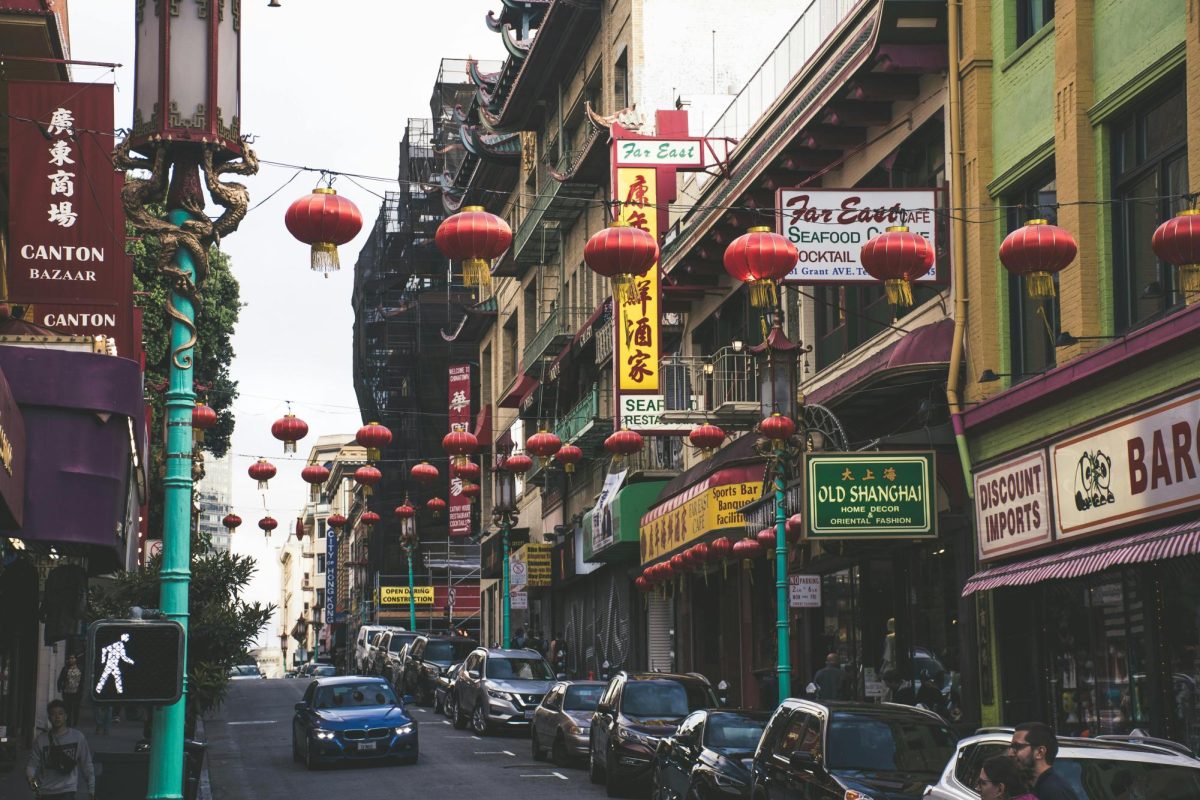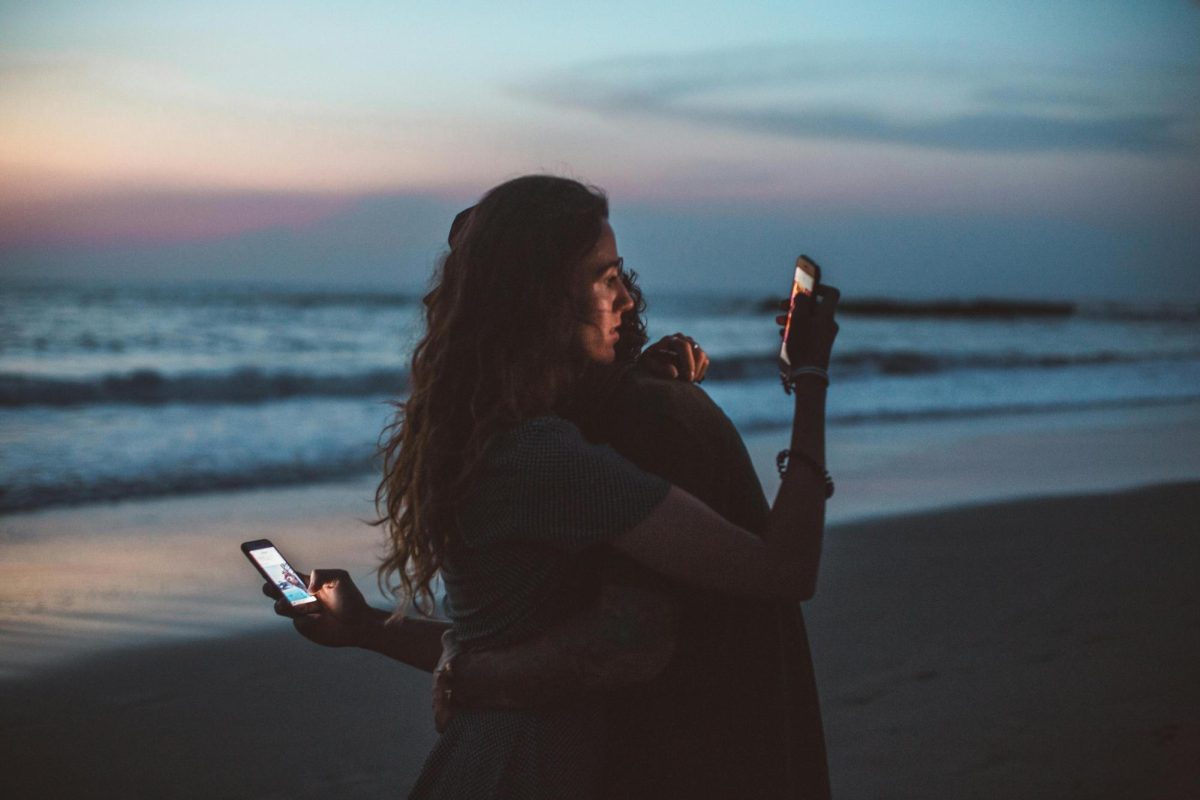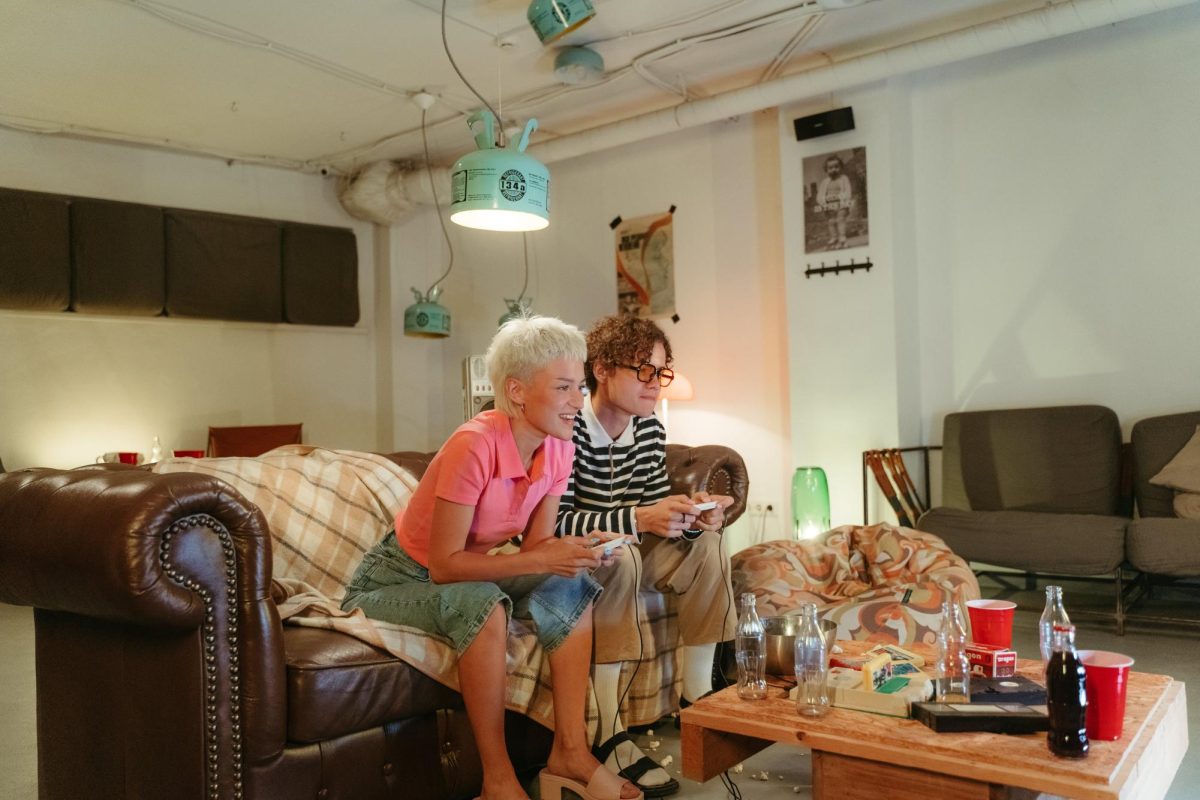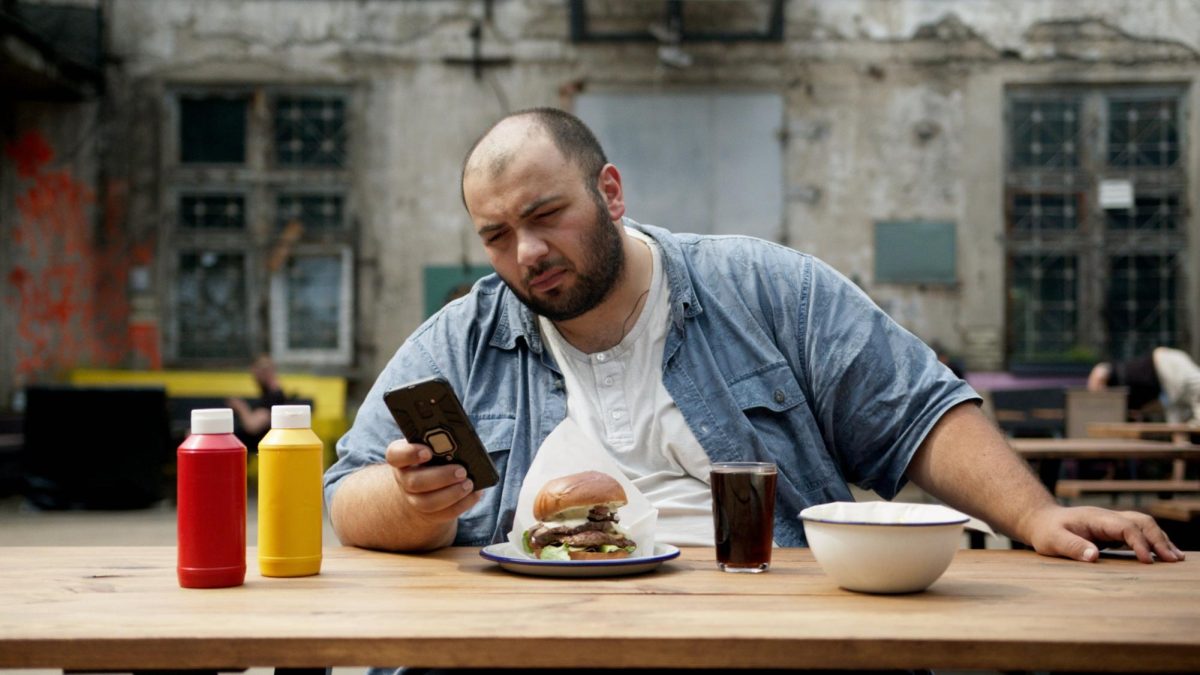Moldova: The Little Country that Can
On June 1, 45 European world leaders landed in Chișinău, the capital of Moldova. It was the biggest international gathering the tiny republic had ever seen. They had flown in for a European political community summit, an event that fostered discussions on joint efforts for peace, climate action, and stronger relationships between European countries.
Considering that Moldova has a population of barely three million, smaller than most US states, and one of the lowest GDPs in Europe, it was a vote of confidence in the nation’s future. Moldova, which lies between Ukraine and Romania, matters more than ever to the geopolitics of Europe.
It is a country that has been passed around in ownership for hundreds of years, having been a part of Romania, the Ottoman Empire, the Russian Empire, and the Soviet Union before finally declaring independence in 1991. More recently, Moldova has been in the public eye following the Russian invasion of Ukraine. President Maia Sandu and prime minister Dorin Recean have both accused Vladmir Putin of trying to destablize the country. In March this year, the government arrested a group of alleged infiltrators for plotting to create unrest..
Directly following the Russian invasion of Ukraine, Moldova began the formal application process to join the European Union. In June 2022, it gained official candidacy status alongside Ukraine. The move has created further tension between Moldova and Russia, with the Kremlin accusing the country of falling into “anti-Russian hysteria”. As relations have become more strained, Russian political and media interference in Moldova has intensified.
Igor Botan, the executive director for the Association for Participative Democracy (ADEPT) and an expert in the Moldovan electoral process, argues that politics in Moldova does not divide along conventional lines. “It’s not a competition of ideas or policies. It’s pro-Russia or Pro-Europe,” he said.
This type of battleground in politics makes it easier for Russian interference in elections. “Moldovan democracy is kind of fragile,” Botan added. The country is vulnerable to Russian-backed political parties in parts of Moldova that have been historically loyal to Russia such as the autonomous region of Găgăuzia and breakaway province of Transnistria.
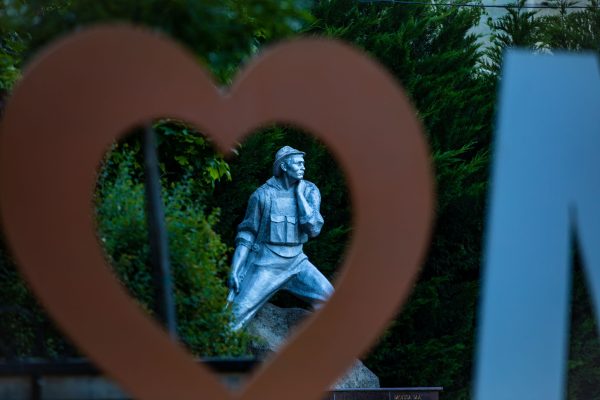
The recently-banned Shor Party, founded by the fugitive, pro-Russian oligarch, Ilan Shor, succeeded in securing the election of their candidate, Evghenia Gutul, as governor of Gagauzia in May. “Ninety-five percent of Găgăuzians support Russia in the war,” said Botan.
The media outlet, Nokta, based in Comrat, the capital of Găgăuzia, has insight into Russia’s influence in the region. “Here in Găgăuzia, Russians dominate. They play the game they want to and how they want to,” said Nokta editor Mikhail Sirkeli. Parties like Shor splash plenty of cash around, he alleges. “They pay 15,000 lei ($835) a week to be an activist for them. It is nothing to them.” Botan also accuses politicians of buying votes. “They’ll say ‘vote for me’ and I’ll give you $20.”
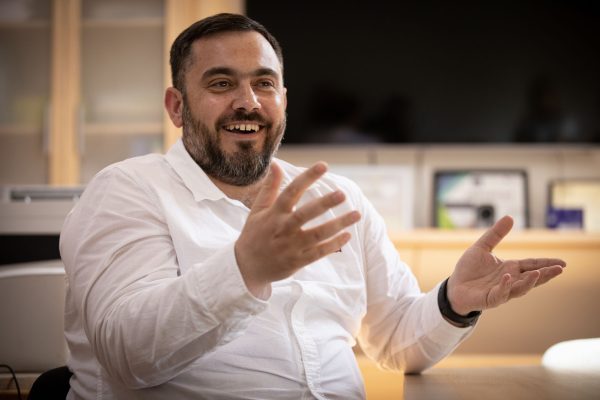
It would be difficult to prevent all Russian interference in Moldova, but Botan believes that the country is headed in the right direction. “Joining the European Union would help with the kind of legislation we need. For us it is the dream. We would be given funds by the EU, and of course it would be very stimulating for business, education and medicare.”
However, getting people to care about joining the EU has proved difficult. The average monthly wage in Moldova is 11,486 lei, or approximately $649 USD. This low wage has forced up a third of Moldovans to leave the country in search of work abroad, where they also risk exploitation and are often paid less than the average wage.
Eugene, 31, who lives just outside Chișinău, says, “My friends don’t care about politics, we just want to work.” He has been lucky enough to find remote work in Moldova: “I do IT for a company in Austria,.”
Many Moldovans, such as Eugene, hold a Romanian as well as Moldovan passport, enabling them to work and travel throughout the EU. Yet while his friends understand the value of being
in the EU, they remain apathetic about politics. “Young people here don’t really protest. We just think that all politicians are corrupt, so it doesn’t matter who we vote for.”
When the war broke out, many Ukrainians fled to their closest neighbor. According to the United Nations High Commissioner for Refugees, over 400,000 refugees entered Moldova last year, and while many left the country soon afterwards, about 100,000 stayed. The Moldovan people welcomed them with open arms, sometimes to their own detriment. Ina Tcaci, head of the International Rescue Committee in Moldova, said, “Many families would support a refugee or group of refugees as long as they could. They would run out of money trying to help them.”
With international aid, support for refugees has stabilized. Roughly 100,000 Ukrainians remain in the country. “What’s unique about this situation is that these refugees are mostly educated and middle class people. They know their rights, and the Moldovan government has very good protections for them,” Tcaci said.
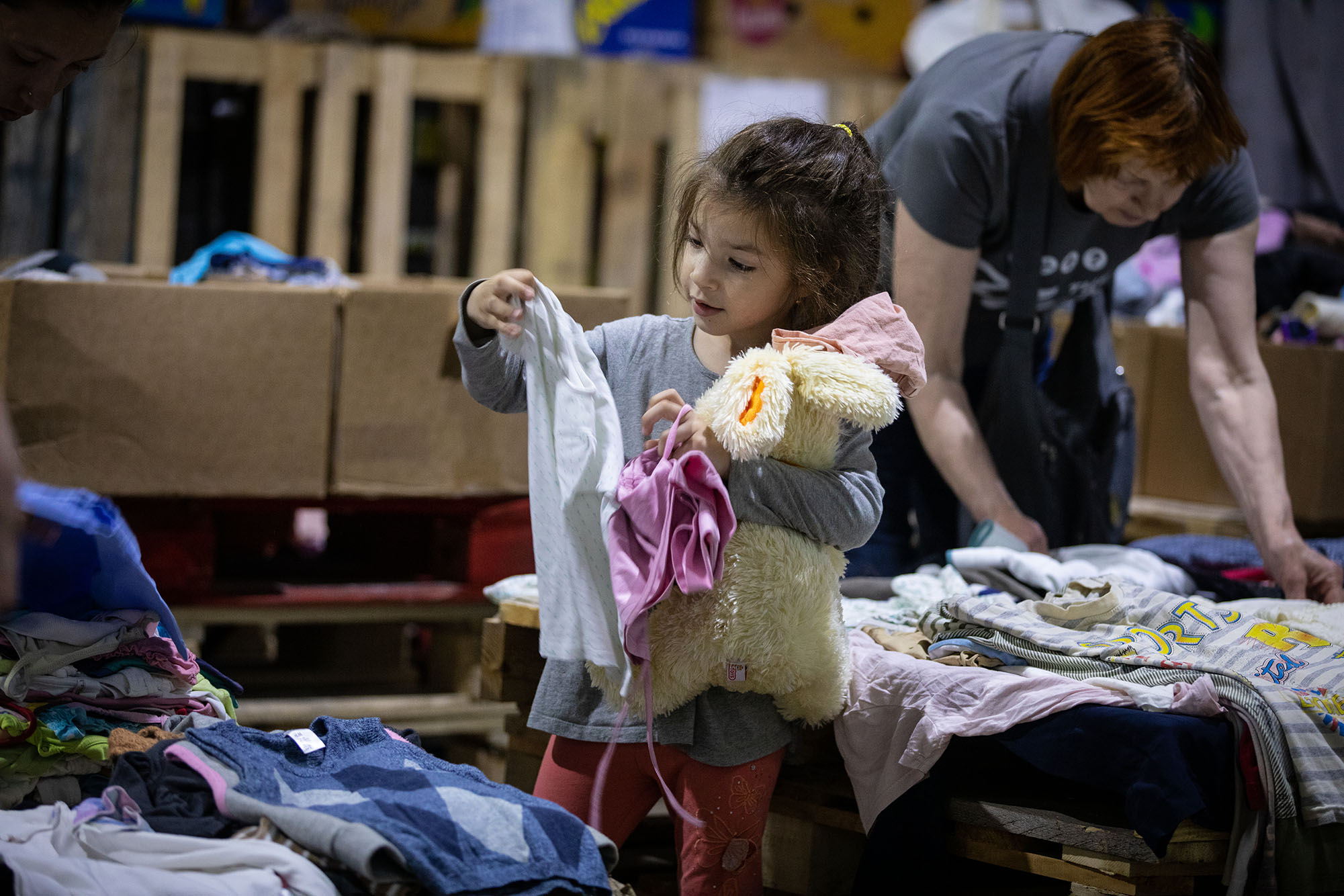
At a repurposed film studio in Chișinău, Natalia Rahmistriuc, a warehouse coordinator for Moldova for Peace, does her best to provide for the basic needs of refugees. “We prepare between 1,500 and 2,000 packages per week. We see between 5,000 to 6,000 people per week and 300-400 orders per day.”
For a team of around 30 volunteers, it’s a tremendous amount of work. Fortunately, there is no shortage of volunteers willing to help. “We have volunteers from all over. Even one from Japan!” she exclaimed. “In Moldova, there is a clacă. An event where we all come together to do something that helps the people. We play music and have food while we make the packages.”
The clacă does not only assist those who need physical goods, but is social as well. “Those we have already helped take part in the clacă. It helps with integrating communities. And if one doesn’t happen, people will say to me ‘Oh, no clacă this week? Why?’” said Rahmistriuc.
What may be most surprising for Ukrainian refugees isn’t the Japanese volunteer handing them baby products, but the Russian one.
Ivan, 24, who goes by a pseudonym for security reasons, is very friendly and upbeat, but has an air of solemnity as well. “My parents always taught me to help others,” he recalled. Although he used to describe himself as “anti-politics”, thinking they were “a game I don’t understand,” the war opened his eyes. “I almost couldn’t function for a bit,” Ivan said, when he first saw what the Russian military had done to Ukraine. “I just want to help people who are suffering.”
Ivan, who is nearly 7ft tall, used to be a professional Russian basketball player. He does his best to assist those that come to the warehouse, and Ukrainians treat him kindly for the most part. “People are often surprised that I am Russian and helping them. But I have never heard a bad thing towards me.” It’s because of volunteers like Ivan and many other Moldovans that many refugees are supported so well.
Pavlo, 43, fled from Odessa to Moldova with his wife and two young children in early May, 2023. The war has completely upended his life. “It’s a disaster. My mother and niece are still in Odessa. But this place is good for the children. It helps a lot.” His youngest son is less than a year old, and free diapers and other products provided by Moldova for Peace lessen the financial burden.
In an interview at the US embassy in Chișinău, Kent D. Logsdon, the US Ambassador to Moldova, said, “Americans who know anything about Moldova know it’s a small country with a big heart. You could see that when Moldovans opened their homes to refugees at the start of the Ukraine war, before the international community could help.”
Moldova is at a critical point in its history. According to Logsdon, “Moldovans felt they missed the bus when other countries joined the EU. They don’t want to miss the bus this time.” Western aid from the US and EU is helping to turn the economy towards the West and away from its former dependence on Russia.
This can be seen in the wine industry, which plays a major part in Moldovan culture and accounts for three percent of the nation’s GDP. Moldovans have been cultivating wine for almost 4,000 years, but when it was part of the Soviet Union, the art was somewhat lost. It used to mass produce cheap wine for the Soviet market, but today wine-makers are focused on exporting artisanal wines to Europe, and even to parts of the US.
The wine export sector is worth $140 million and wins international awards for its products. Moldova is even home to the world’s largest underground wine cellar in the limestone tunnels of Milestii Mici. With its already high quality wine and prospects for growth by joining the EU, the Moldovan wine industry has the potential to become a global powerhouse.
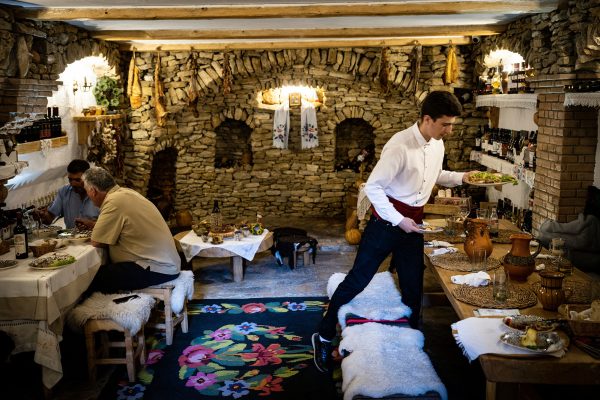
The reason Moldova matters today is fairly straightforward. It will become one of Russia’s prime targets if Russia succeeds in its conquest of Ukraine. Bolstering Moldovan institutions is an important first step towards advancing democracy in the country. The country is especially vulnerable now, while Russia is taking part in a land grab, and the world has noticed. Now it is trying to enter the global stage by joining the European Union.
Yet, based on the resilience and kindness of the Moldovan people, who are willing to do whatever they can to support their own families and responded so nobly to the Ukrainian refugee crisis, Moldova has always mattered. The world just has to make up for lost time.

